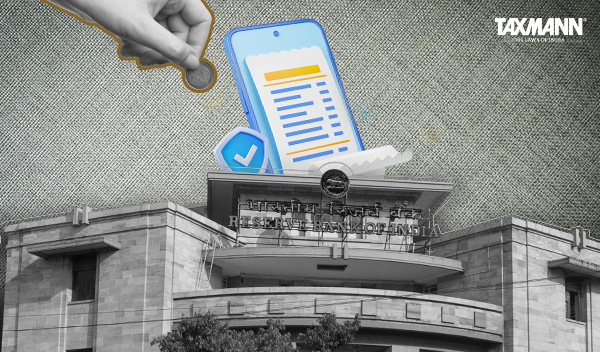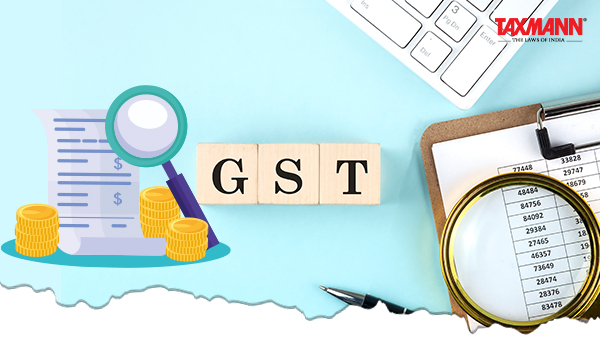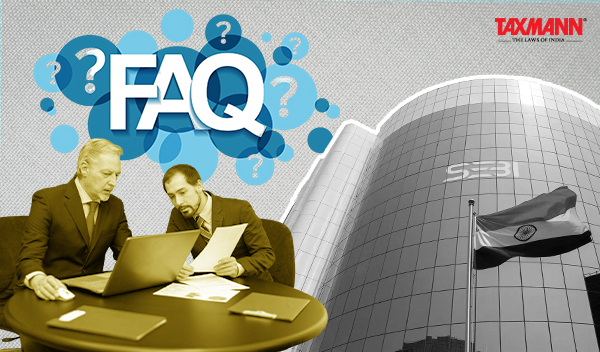Accurate, Real-Time Global Accounting for Multinational Businesses

Services Covered
- Monthly bookkeeping
- Multi-currency accounting
- Consolidated financials (US/UK/UAE/India)
- Accounts receivable/payable management
- Payroll processing
- Inventory & cost accounting
- Year-end financial statements
- Audit support






Deliverables
- Monthly financial statements
- Balance sheet, P&L, cash flow
- MIS reports
- KPI dashboards


Affordable, Reliable Accounting & Bookkeeping Services for Growing Businesses
Finance should not reduce your business expansion. Based at Simplifitax, we make businesses financially organised, compliant, and confident, without the complexity of in-house accounting. Our accounting and bookkeeping services are scalable to your needs, whether you are a startup, an eCommerce brand, or an international business operating in the U.S.
Our company offers Affordable bookkeeping services in USA and provides accurate, real-time financial management processes that help you make smarter decisions and achieve long-term success.
Accounting Support Designed for Small Businesses
To run a small business is to be a jack-of-all-trades. One of them does not need to be accounting. Our Outsourced accounting services for small business will allow you to run your business, focus on sales and growth, whilst we handle the numbers in the background.
Whether it is day-to-day bookkeeping, month-end reporting, or year-end preparations, we become part of your team without necessarily having to hire full-time employees. We are not difficult about this; we like your books to be clean, your reports to be straight, and your business to be on the straight.

Complete Bookkeeping & Compliance Services Under One Roof
Simplifitax provides accounting services in a simplified format for routine and complex financial requirements. We have designed our services to favour not only U.S. businesses but also foreign businesses with operations worldwide.

Our core services include:
- Monthly bookkeeping and financial reconciliation
- 1099 filing and bookkeeping services for contractors and freelancers
- Payroll processing and reporting
- Accounts receivable and payable management
- Inventory and cost accounting
- Year-end financial statements and audit support
- Multi-currency and cross-border accounting
Each service is delivered accurately, transparently, and in strict compliance with U.S. regulations.
QuickBooks Expertise You Can Rely On
In business, using QuickBooks, the difference between the right and wrong setup is accuracy. Our QuickBooks bookkeeping services USA are designed to ensure your information is organised correctly, transactions are properly classified, and reports accurately reflect the business’s financial health.
We work seamlessly with:
- QuickBooks Online
- Xero
- Zoho Books
- NetSuite
- Odoo
You may require a cleanup, a continuous bookkeeping program, or sophisticated reporting; whatever you need, our team makes your accounting software work in your favour and not against you.


E-Commerce Bookkeeping & Sales Tax Compliance Made Simple
Specific challenges, including high transaction volumes, numerous sales, inventory management, and complex tax regulations, characterise the eCommerce business. We provide online sellers in the U.S. and abroad with online Ecommerce bookkeeping and sales tax compliance
We help you:
- Track revenue across platforms like Shopify, Amazon, and WooCommerce
- Manage inventory and cost of goods sold accurately
- Handle multi-state sales tax calculations and filings
- Maintain clean books that align with payment gateways
With Simplifitax, your eCommerce finances stay organised, compliant, and ready for growth.
Why Businesses Choose Simplifitax
Our customers have been with us because we are both cost-effective and experienced, without compromising cost or compliance.
What sets us apart:
- Dedicated accounting professionals with global experience
- Scalable solutions for startups, SMEs, and international businesses
- Transparent pricing with no hidden costs
- Strong focus on U.S. compliance and reporting standards
- Real-time financial visibility and actionable insights
We don’t just record numbers—we help you understand them.
Built for International & Foreign-Owned Businesses
Simplifitax serves companies that are operating in the U.S., the U.K., the UAE, and India. Whether you own a foreign-based LLC or run an international business, we will ensure your accounting is compliant and accurately reflects your global financial reporting.
Our consolidation reporting and multi-currency experience help avoid misunderstandings and mitigate compliance risks.
Let Simplifitax Take Care of Your Numbers
Your company needs an accountant who is reliable, responsive, and easy to do business with. Simplifitax is here to assist you with ongoing bookkeeping, compliance, or expert advice.
Get started today with SIMPLIFITAX LTD.
Get in touch with our team to find out how we can make your financial life easier, and simplify your accounting requirements, or how can find solutions to your accounting questions, so that you can get on with growing your business confidently.




